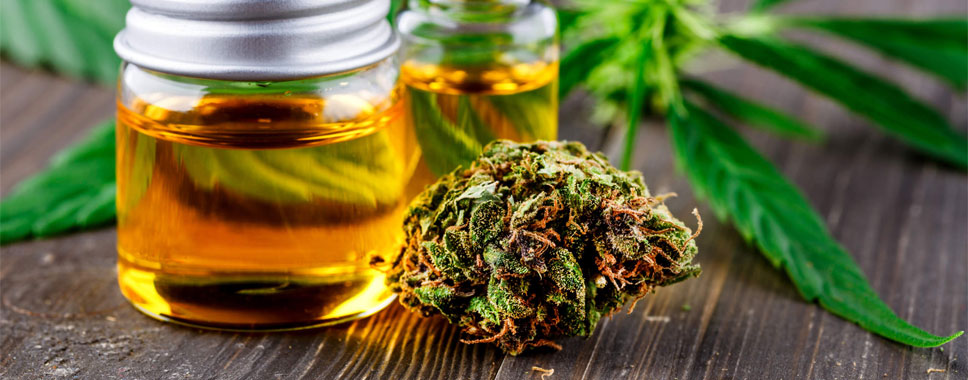In November of last year, the Food and Drug Administration (FDA) organized a conference that delved into the impact of cannabidiol (CBD) in relation to biological sex differences.
The conference shed light on several significant insights. Firstly, it became evident that the FDA’s focus extends beyond CBD to encompass other cannabinoids as well.
David Shurtleff, PhD, the deputy director of the National Institute for Health (NIH)’s National Center for Complementary and Integrative Health, emphasized the need to expand research beyond tetrahydrocannabinol (THC) and explore the properties of the numerous cannabinoids and terpenes present in the cannabis plant.
Doctors have been hesitant to discuss CBD with patients due to a lack of training or permission, likely stemming from enduring stigma surrounding the topic.
Cinnamon Bidwell, PhD, the director of the Center for Research and Education Addressing Cannabis and Health at the University of Colorado, Boulder, highlighted that CBD might be more effective in treating anxiety, particularly in females compared to males, in contrast to THC.
The discussion also emphasized the role of CBD in pain management. According to Daniel Clauw, MD, from the University of Michigan, CBD targets the peripheral and central nervous systems, which are associated with chronic pain. Women experience 1.5-2 times more chronic pain than men, making CBD potentially more beneficial for pain relief in women.
Regarding CBD use during pregnancy, there is a lack of data on the subject, leading to a general consensus for pregnant women to avoid CBD.
The conference also revealed a gender inequality issue in clinical trials involving cannabinoids, which have predominantly focused on men, mirroring a broader trend in research.
Betty Jo Salmeron, MD, a staff clinician for NIH’s National Institute on Drug Abuse, noted that the NIH has strengthened efforts to address the biological variable of sex in research due to the historical exclusion of women from studies.
In conclusion, the conference emphasized the pressing need for more comprehensive research on CBD that includes diverse populations. The consensus was clear: further exploration is crucial to expand our understanding of CBD’s effects on all individuals.

 hempcentral
hempcentral 



Comments